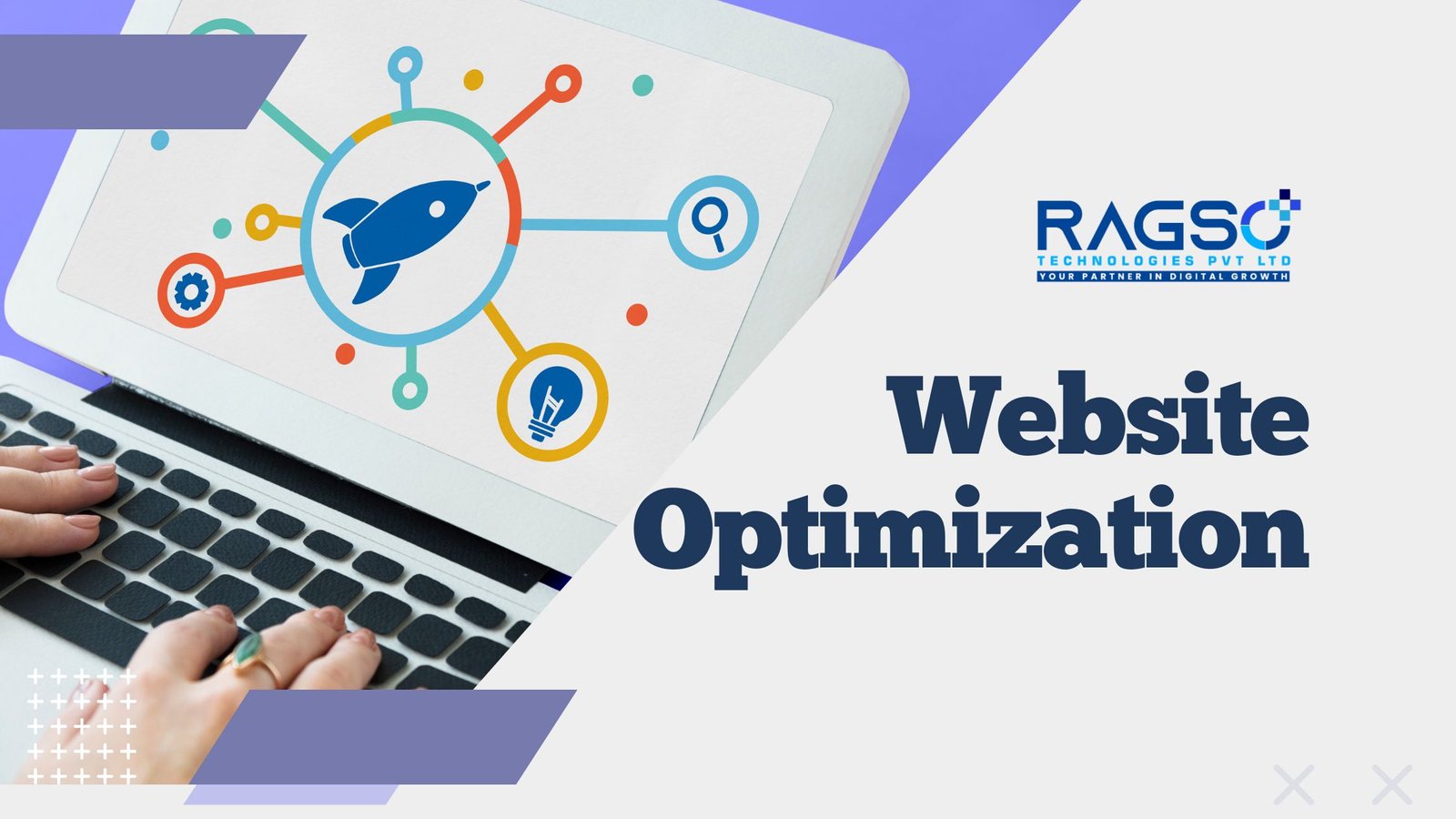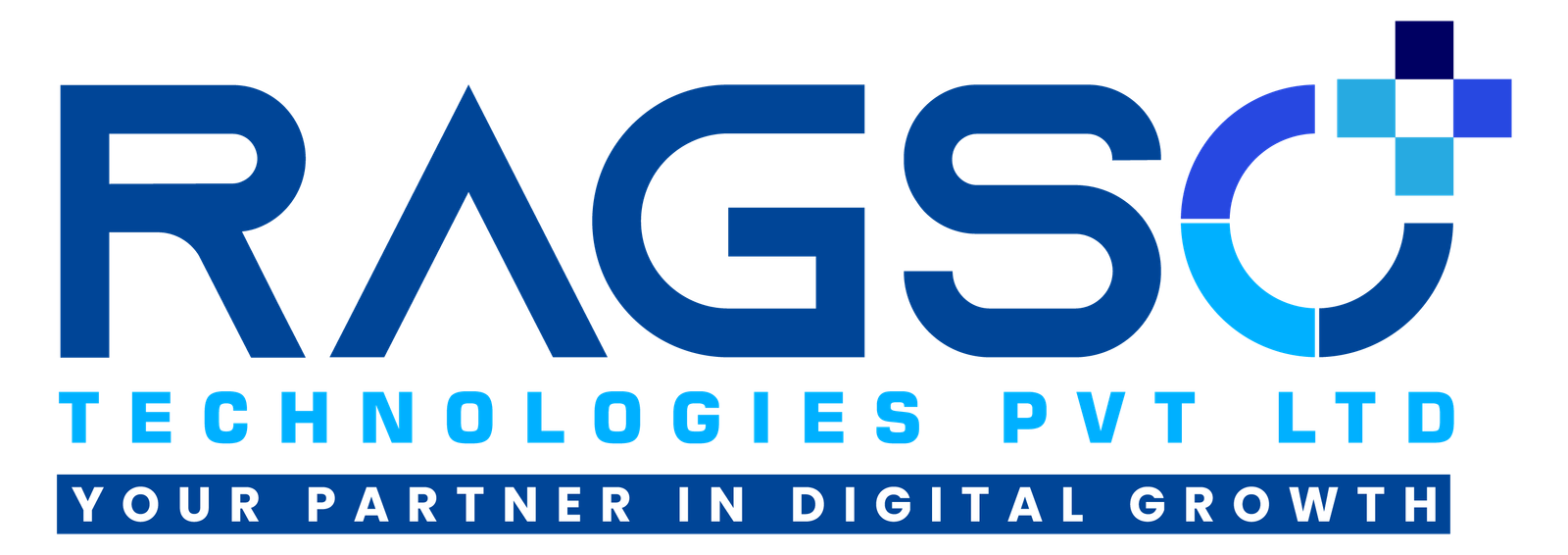
Understanding Website Optimization

Website Optimization encompasses a multifaceted approach aimed at improving various aspects of a website to enhance its performance, visibility, and user experience. It involves optimizing both on-page and off-page elements to ensure that the website ranks well on search engine results pages (SERPs) and provides a seamless experience for visitors.
-
On-Page Optimization
On-page optimization focuses on optimizing elements within the website itself to improve its search engine visibility and relevance. This includes optimizing meta tags, headings, and content with relevant keywords, improving website loading speed, enhancing mobile responsiveness, and ensuring a user-friendly navigation structure.
-
Off-Page Optimization
Off-page optimization, on the other hand, involves activities conducted outside the website to improve its authority, credibility, and reputation in the eyes of search engines. This includes building high-quality backlinks from reputable websites, engaging in social media marketing, and managing online reviews and citations.
The Importance of User Experience

At the heart of Website Optimization lies the concept of user experience (UX). User experience encompasses all aspects of an individual’s interaction with a website, including its usability, accessibility, and overall satisfaction. A positive user experience not only leads to higher engagement and conversions but also contributes to improved search engine rankings.
Factors Influencing User Experience
Several factors influence user experience on a website, including:
- Website Design: A visually appealing and intuitive website design enhances user engagement and encourages exploration.
- Page Speed: Fast-loading web pages contribute to a seamless browsing experience and reduce bounce rates.
- Mobile Responsiveness: With an increasing number of users accessing the internet via mobile devices, ensuring mobile responsiveness is crucial for catering to a diverse audience.
- Content Quality: High-quality, relevant content not only provides value to users but also establishes credibility and authority.
- Navigation: A clear and intuitive navigation structure helps users find the information they need quickly and easily.
- Security: Implementing security measures such as SSL encryption instills trust and confidence in users, especially when handling sensitive information.
Strategies for Enhancing Website Optimization

Achieving optimal Website Optimization requires a strategic approach encompassing various techniques and best practices. Here are some strategies to enhance your website’s optimization for improved user experience and digital marketing success:
-
Conduct Comprehensive Keyword Research
Keyword research forms the foundation of Website Optimization. Identify relevant keywords and phrases that align with your target audience’s search queries and integrate them strategically into your website’s content, meta tags, and headings.
-
Optimize Content for Relevance and Readability

Create high-quality, informative content that addresses the needs and interests of your target audience. Optimize your content with relevant keywords while ensuring readability and coherence. Use clear headings, subheadings, and bullet points to enhance readability and facilitate scanning.
-
Improve Website Speed and Performance
Optimize your website’s performance by minimizing page load times, optimizing images and multimedia content, and leveraging caching and content delivery networks (CDNs). A fast-loading website not only improves user experience but also contributes to better search engine rankings.
-
Enhance Mobile Responsiveness
Ensure that your website is optimized for mobile devices to cater to the growing number of mobile users. Implement responsive design principles to adapt your website’s layout and functionality seamlessly across various screen sizes and devices.
-
Optimize Meta Tags and Descriptions
Craft compelling meta titles and descriptions that accurately reflect the content of each page. Include relevant keywords to improve visibility on search engine results pages (SERPs) and entice users to click through to your website.
-
Build High-Quality Backlinks

Earn backlinks from authoritative and relevant websites within your industry to enhance your website’s authority and credibility. Focus on acquiring natural backlinks through valuable content, guest blogging, and relationship building with influencers and industry peers.
-
Monitor and Analyze Performance
Regularly monitor and analyze key performance metrics such as traffic, bounce rate, and conversion rates to assess the effectiveness of your Website Optimization efforts. Use analytics tools such as Google Analytics to gain insights into user behavior and identify areas for improvement.
Conclusion
In conclusion, Website Optimization plays a pivotal role in enhancing user experience and driving digital marketing success. By focusing on both on-page and off-page optimization techniques, businesses can improve their website’s visibility, relevance, and usability, thereby attracting more traffic and conversions. By prioritizing user experience and implementing strategic optimization strategies, businesses can stay ahead in the competitive digital landscape.
If you want to read more information just visit –> Ragso Technologies.


